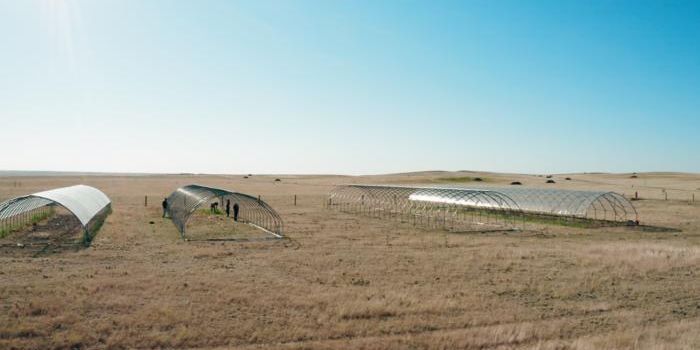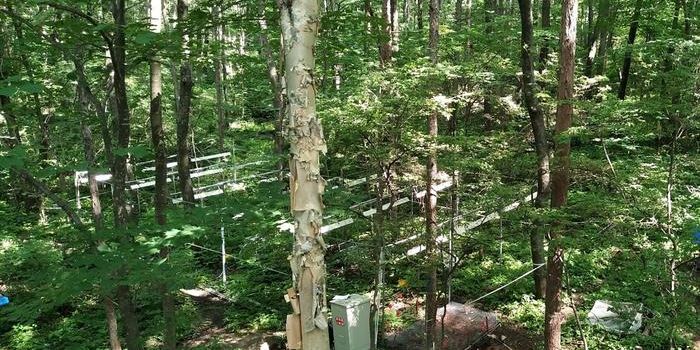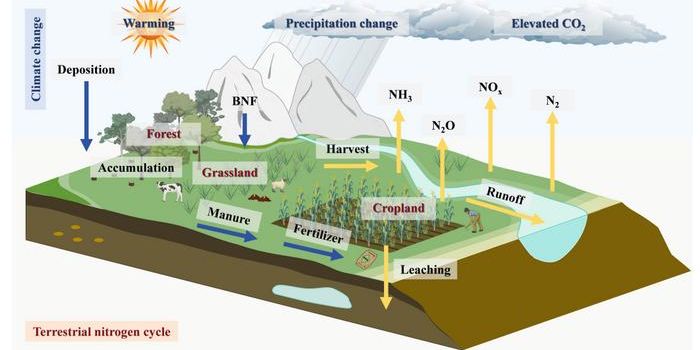Evaluating the Changing Soundscape: Research Reveals Shifts in Glacier National Park's Acoustic Environment
A recent study to be presented at the Geological Society of America’s GSA Connects 2023 meeting examines variances in the acoustic environment, also known as soundscape, in Glacier National Park between 2004 and 2023 due to human-caused (anthropogenic) noise. This is because while national parks are often havens for those seeking an escape from the bustling city life, changes in the sound environment could result in adverse visitor experiences and wildlife at these parks.
Such sound intrusions include aircraft or human voices carried by wind breezes, with a 2016 study indicating how such noise could adversely impact both land and water wildlife. This study holds the potential to help scientists and the public better understand what steps can be taken to mitigate such sound interference and how to shield other national parks from it, as well.
“The focus of my project in Glacier was to conduct sound monitoring to see how the soundscape has changed,” said Whitney Wyche, who is an intern at Mosaics in Science and lead author of the study. “Many visitors come to national parks to experience natural peace and the sounds of nature. To preserve this natural soundscape for future generations, it needs to be monitored and managed.”
Study lead author, Whitney Wyche, who is a Mosaics in Science intern, is seen assembling acoustic monitoring equipment used to analyze the acoustic environment in Glacier National Park. (Credit: Whitney Wyche)
Study lead author, Whitney Wyche, who is a Mosaics in Science intern imaged standing next to the acoustic monitoring equipment she used to analyze the varying acoustic environment in Glacier National Park. (Credit: Whitney Wyche)
This study builds on a 2004 study examining the Glacier acoustic environment for which future studies could use as a baseline, along with a 2019 study that further analyzed noise levels at those same sites. For this most recent study, the team analyzed sound files gathered by the National Park Service Acoustic Monitoring Toolbox to determine how the sound environment has been altered between 2004 and 2023.
While the most recent study found that aircraft noise has decreased since 2004 due to Glacier’s new Air Tour Management Plan, the number of visitors to Glacier has grown by approximately 50 percent, which contributed to mixed results for this study.
“The percentage of time with audible propeller aircraft remained similar at sites near the current air tour route, while decreasing at Logan Pass, which is not near the currently authorized air tour route,” said Wyche.
Going forward, Wyche hopes to continue monitoring the acoustic environment, especially with Glacier is slated to cease all commercial air tours by December 31, 2029.
How will the acoustic environment change at Glacier National Park in the coming years and decades? Only time will tell, and this is why we science!
As always, keep doing science & keep looking up!
Sources: GSA Connects 2023, Biological Reviews, EurekAlert!, National Park Service










